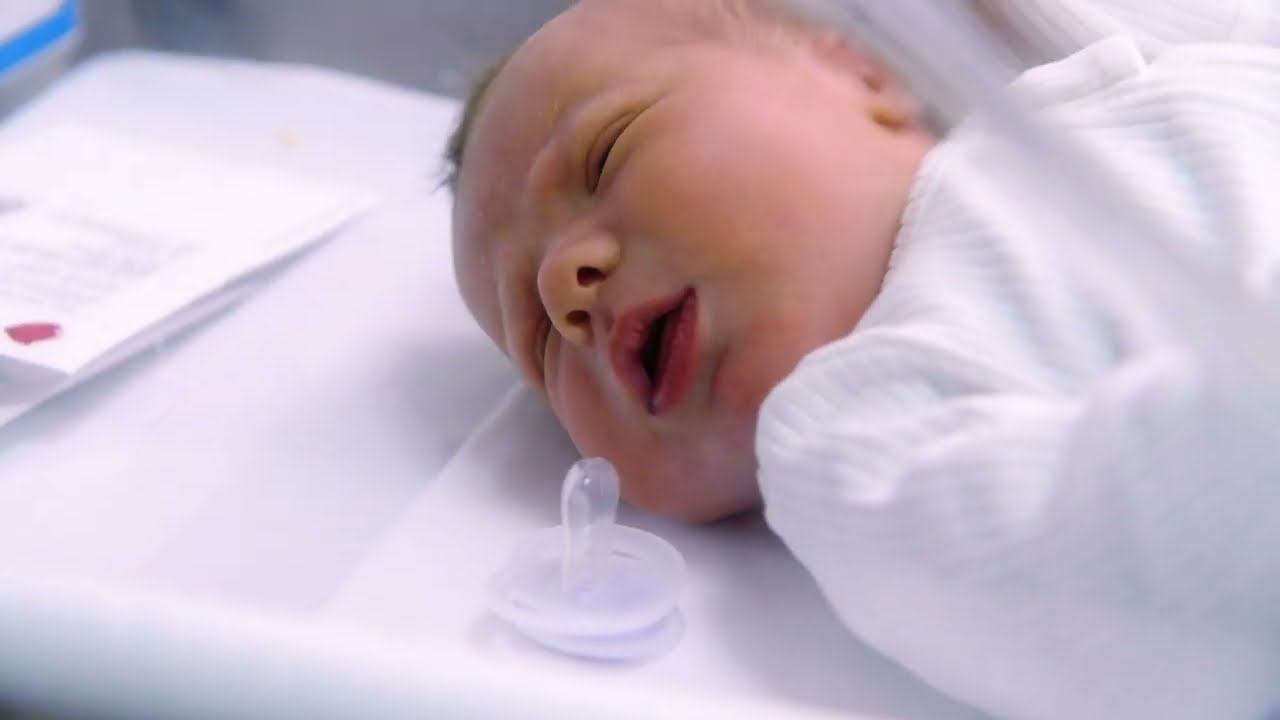Prenatal Veterinary Ultrasound Screening in Exotic Animals
The prenatal ultrasound screening of exotic animals is a critical component in the healthcare and welfare of these unique species. This advanced diagnostic tool allows for early detection of potential health issues, ensuring that timely interventions can be made to safeguard both the mother's health and the foetus's development.
Exotic animals encompass a wide range of species including non-human primates, reptiles, birds, and various small mammals such as ferrets, hedgehogs, and sugar gliders. Each of these species has unique physiological characteristics that can influence prenatal care. Ultrasound technology is particularly valuable in this context due to its non-invasive nature, real-time visualization capabilities, and ability to assess fetal development without causing harm.
The ultrasound machine used for this service typically operates at frequencies ranging from 3 to 15 MHz, which are suitable for imaging different tissues within the mother's uterus. The probe is carefully selected based on the size of the pregnant female and the specific anatomical structures that need to be visualized. For instance, a smaller probe may be used in birds or small mammals compared to larger probes needed for non-human primates.
The process begins with thorough preparation of the mother-to-be. This involves ensuring she is comfortable and relaxed during the procedure, which can last anywhere from 15 minutes to an hour depending on the species and complexity of the examination. Specimen preparation primarily includes the placement of a coupling gel on the abdomen to improve sound transmission between the probe and the skin. The ultrasound machine captures images in real-time, allowing veterinarians to monitor fetal heart rates, position, and overall health.
Once the imaging is complete, these high-resolution images are analyzed by experienced veterinary professionals who specialize in exotic animal care. Based on this analysis, a comprehensive report is generated detailing any findings such as placental positioning, amniotic fluid levels, and the presence or absence of congenital anomalies. This information is invaluable for both routine prenatal screenings and specialized diagnostic purposes.
Ultrasound technology has revolutionized prenatal care in exotic animals by providing detailed insights into fetal development without subjecting the mother-to-be to radiation exposure. This method also allows for continuous monitoring throughout pregnancy, enabling early detection of potential complications that can be addressed promptly. The use of ultrasound in this context not only enhances the health outcomes but also contributes significantly to the welfare and well-being of exotic animals.
| Species | Typical Gestation Period (Days) | Possible Anomalies Detected |
|---|---|---|
| Non-human Primates | 150-266 days | Anomalies in fetal position, heart rate irregularities, and placental issues. |
| Reptiles | 45-180+ days depending on species | Abnormality in eggshell formation or embryo positioning within the egg. |
| Birds | 28-73 days depending on species | Malformations of the heart, lungs, and other internal organs. |
| Ferrets | 41-65 days | Abnormalities in fetal development such as cleft palate or limb defects. |
Benefits
- Early detection of potential health issues, leading to timely interventions.
- Non-invasive method that does not expose the mother-to-be to radiation.
- Real-time visualization capabilities for continuous monitoring throughout pregnancy.
- Precise assessment of fetal heart rates, position, and overall health.
The prenatal ultrasound screening in exotic animals provides a range of benefits that are crucial for ensuring the health and well-being of both mothers and their offspring. Early detection allows for proactive treatment plans to be implemented, which can significantly improve outcomes. The non-invasive nature of this procedure ensures minimal stress on the mother-to-be while providing valuable diagnostic information.
Industry Applications
- Prenatal screenings in non-human primates to monitor gestational progress and detect anomalies early.
- Ultrasound imaging of reptiles, particularly during egg-laying periods to ensure healthy embryo development.
- Careful examination of birds for signs of congenital abnormalities that could impact hatchling survival rates.
- Assessment of ferret pregnancies to identify any potential issues affecting fetal growth and development.
The applications of prenatal ultrasound screening in exotic animals are broad and varied. Non-human primates, reptiles, birds, and various small mammals all benefit from this advanced diagnostic tool. By providing detailed insights into fetal health during pregnancy, veterinarians can make informed decisions about the care needed to ensure successful birth outcomes.
Eurolab Advantages
At Eurolab, our commitment to excellence in veterinary diagnostics is reflected in every aspect of our prenatal ultrasound screening service for exotic animals. Our state-of-the-art equipment and highly trained professionals ensure accurate and reliable results. We adhere strictly to international standards such as ISO 9001:2015 and IEC 60601-2-3, ensuring that all procedures are conducted safely and effectively.
Our comprehensive approach includes not only the technical aspects of ultrasound imaging but also thorough specimen preparation and detailed report generation. We prioritize the health and welfare of our clients' exotic animals by providing a supportive environment during each examination. Our expertise spans various species, from non-human primates to small mammals, ensuring that we can cater to diverse needs within this unique field.
By leveraging advanced technology and adhering to stringent quality standards, Eurolab sets the benchmark for prenatal ultrasound screening in exotic animals. We are dedicated to delivering services that meet or exceed client expectations, contributing to the overall health and well-being of these remarkable creatures.





